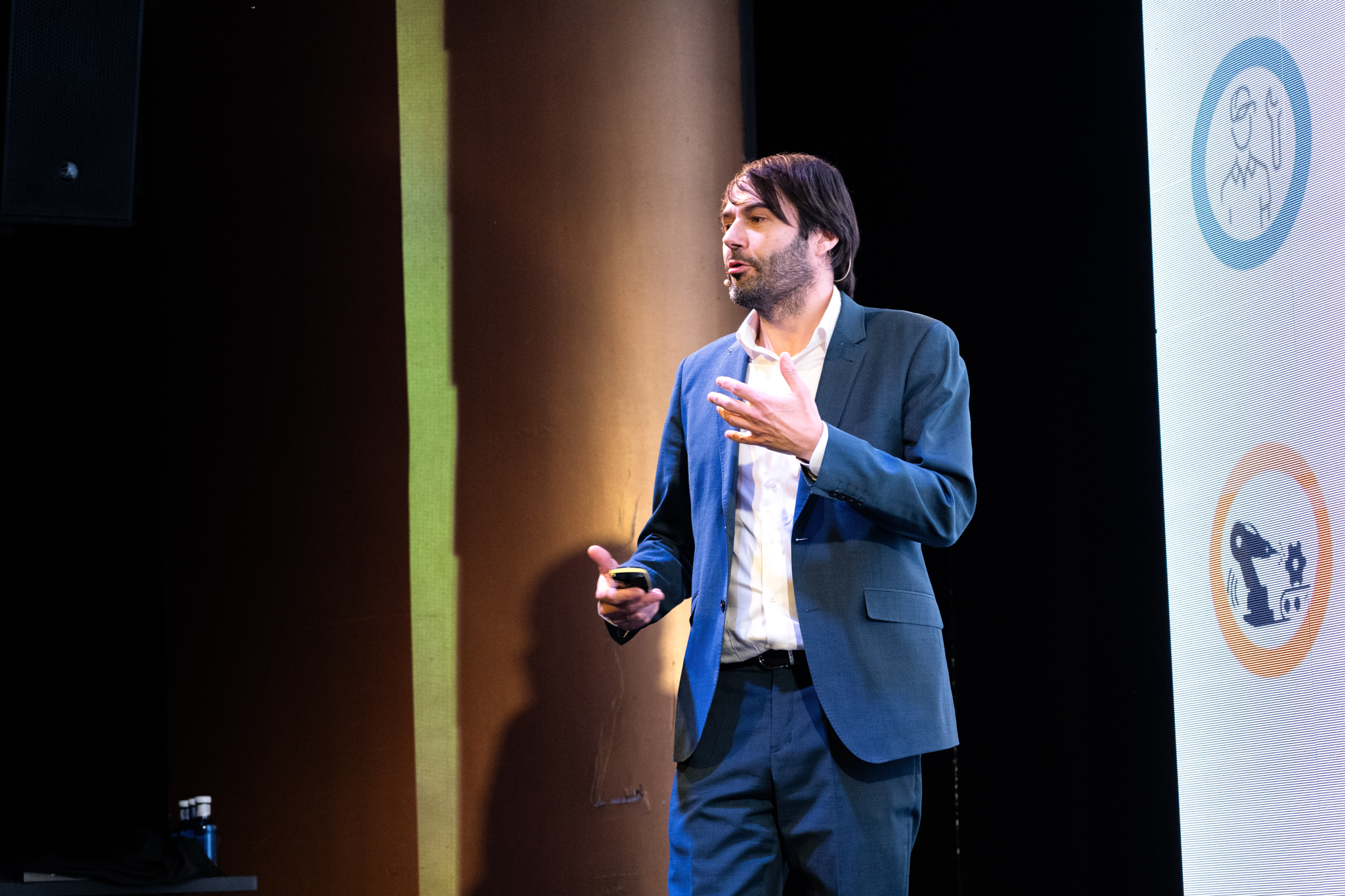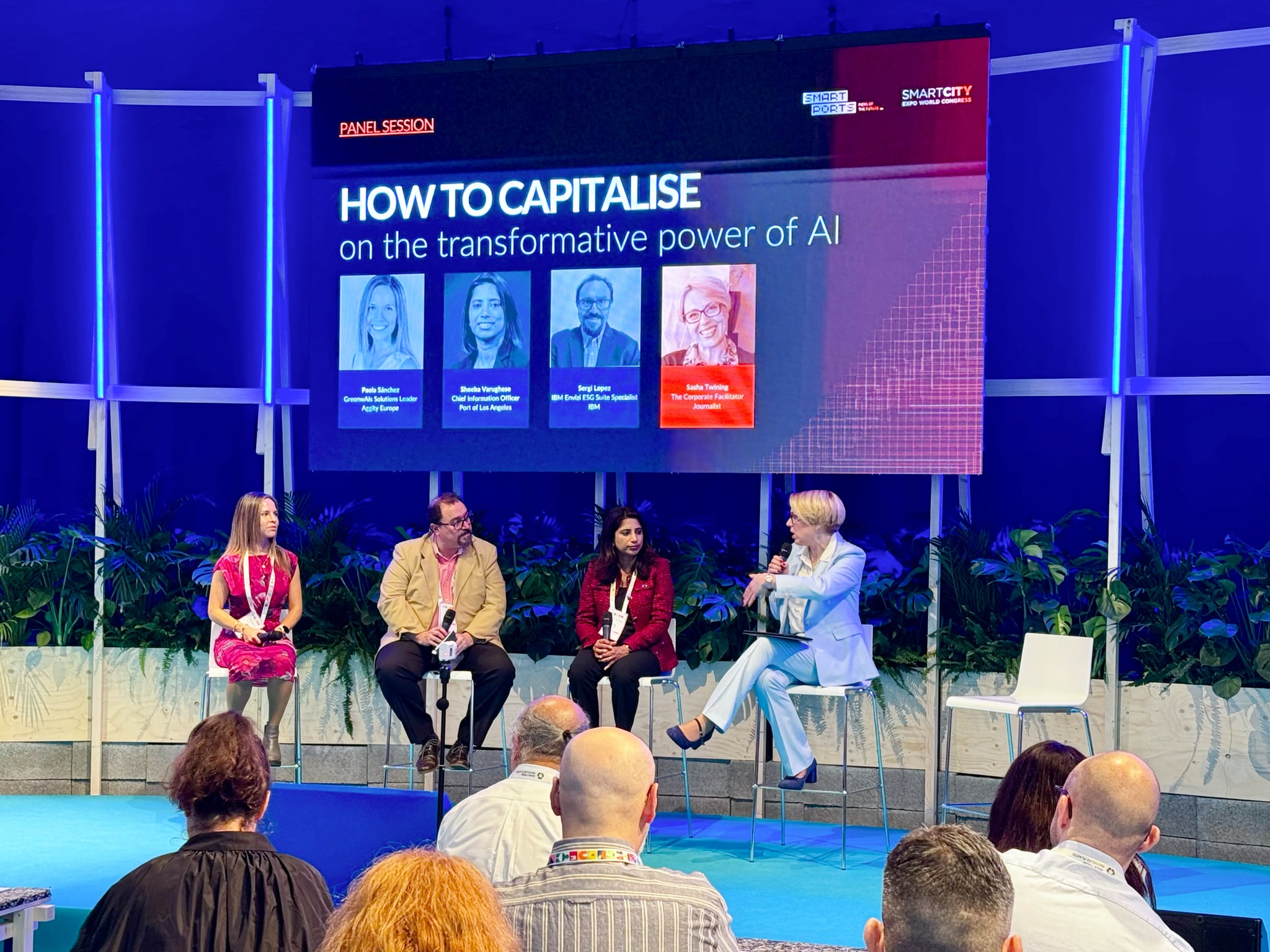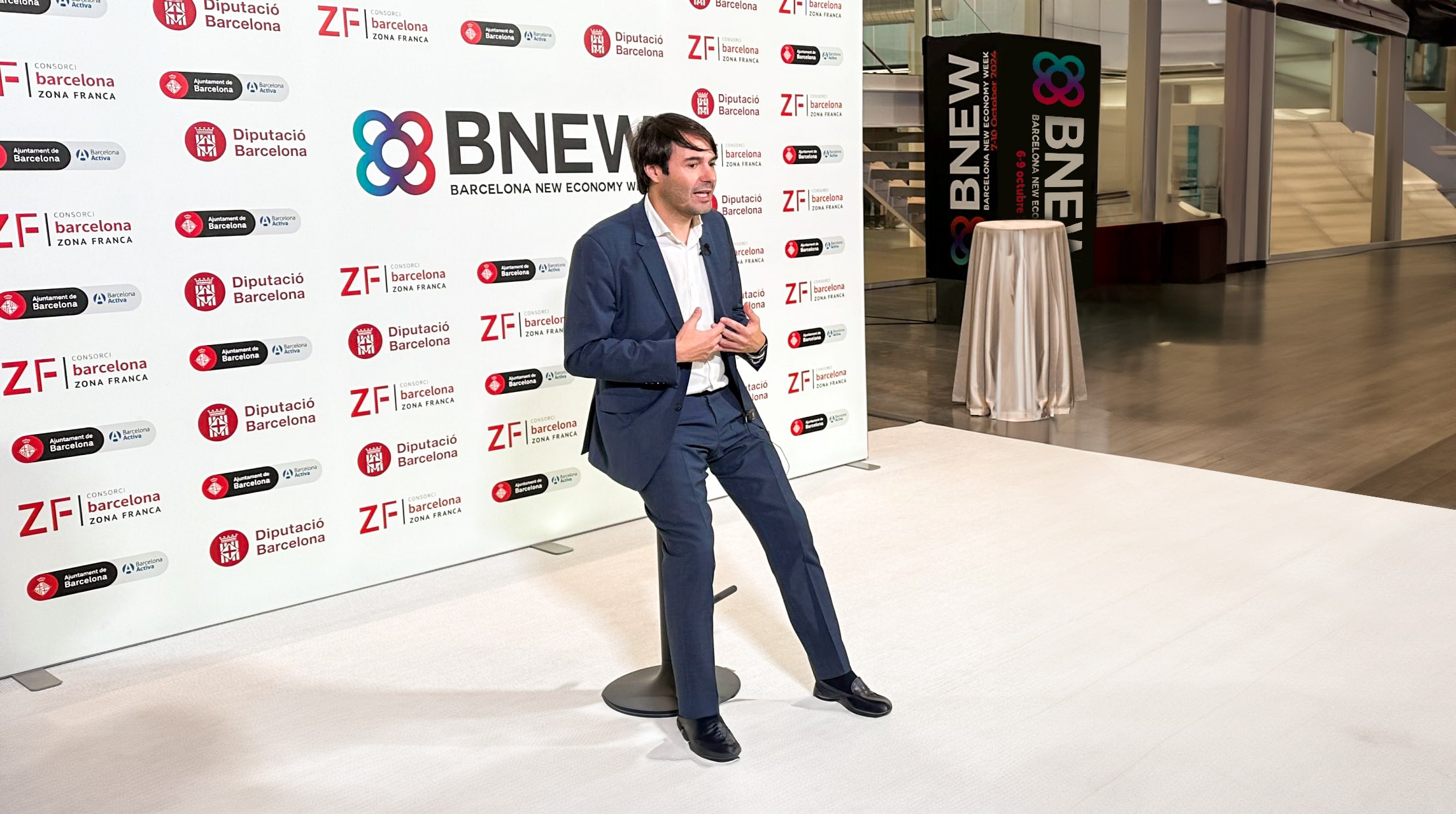Artificial Intelligence Applications for Marketing

Artificial Intelligence for marketing is one of the catalysts of digital transformation by enabling the processing and analysis of huge volumes of data to anticipate buying behavior, improve campaigns and create more resonant content.
Tabla de contenidos
ToggleDiscover how to apply artificial intelligence in marketing to gain a competitive advantage and superior engagement.
By integrating marketing AI into their strategies, companies can improve audience targeting and increase the ROI of their advertising initiatives. With case studies and straightforward tactics, marketers equip themselves with the knowledge to make AI a centerpiece of their digital arsenal.
CMOs and marketers who embrace AI are discovering how it drives efficiency and enriches customer interactions, ensuring that every touchpoint is informed and relevant. From predictive analytics for sales to chatbots for interactive customer service and real-time personalization, AI is forging the path to exceptionally personalized and highly effective customer experiences.
Real-time customization
One of the most important aspects of artificial intelligence for marketing is content personalization with AI. In this case, artificial intelligence performs an analysis of consumer behavior, browsing data and preferences, enabling marketing departments to deliver personalized content in real time, as well as AI-based product recommendations. In this way, by offering products or services that are relevant to each individual, the user experience is improved and conversion rates increase.

Chatbots and virtual assistants
It is one of the most widely used tools by marketing departments. The implementation of AI-powered chatbots has revolutionized customer service and real-time interaction.
The great advantage that cognitive virtual assistants offer is that they can answer frequently asked questions, guide users through purchasing processes and provide personalized information. In addition, its ability to learn from past interactions allows it to continuously improve its efficiency, resulting in a smoother and more satisfying experience for users.
Segmentation and predictive targeting
The audience segmentation with AI and predictive targeting have become priority tools in marketing departments as they allow them to optimize commercial strategies. Artificial Intelligence achieves develop more precise segmentation The new AI-based segmentation system analyzes huge amounts of customer data, so that, while CMOs and marketers have previously relied on static categories, AI-based segmentation allows them to assess customer behavior and preferences in real time.
Predictive targeting, on the other hand, uses machine learning algorithms to predict future consumer behavior. Companies can thus target their marketing campaigns to audiences more likely to become customers, maximizing the impact of their programmatic advertising campaigns , and can also conduct AI price optimization and make AI-based product recommendations.

Sentiment analysis
Companies can understand consumers’ opinions about their products or services, identify potential problems and proactively adjust strategies. AI is also capable of performing sentiment analysis on social networks, which contributes to reputation management and enables faster response to market trends.
Content Automation
The marketing automation with AI is one of the most important features in the use of artificial intelligence for marketing. Thanks to its advanced use of artificial intelligence, a platform such as Digital Customer Engagement by aggity can automatically generate basic content such as reports, news and product updates.
With this platform, companies are able to analyze data in real time, optimize CRM through artificial intelligence or apply machine learning to determine consumer trends. In addition, thanks to its tools, marketing departments can perform advanced management of advertising campaigns, create content efficiently in social networks and use artificial intelligence in email marketing.
Últimos posts

aggity strengthens its commitment to sustainability as a SILVER partner of “Fundación Empresa & Clima”.

aggity participates in the IBM Ecosystem Summit 2024 with an applied case of Generative AI in the food industry

Aggity, together with the multinational Fortinet, present an exclusive event in Lima on the application of Generative AI in Corporate Cybersecurity.

aggity participates in Smart Ports: Piers of the Future

aggity Supports the Contigo Foundation at its Annual Dinner

Challenges and Opportunities of Generative AI in Industry: Our Experience at BNEW

Official Liferay Partner in Spain





